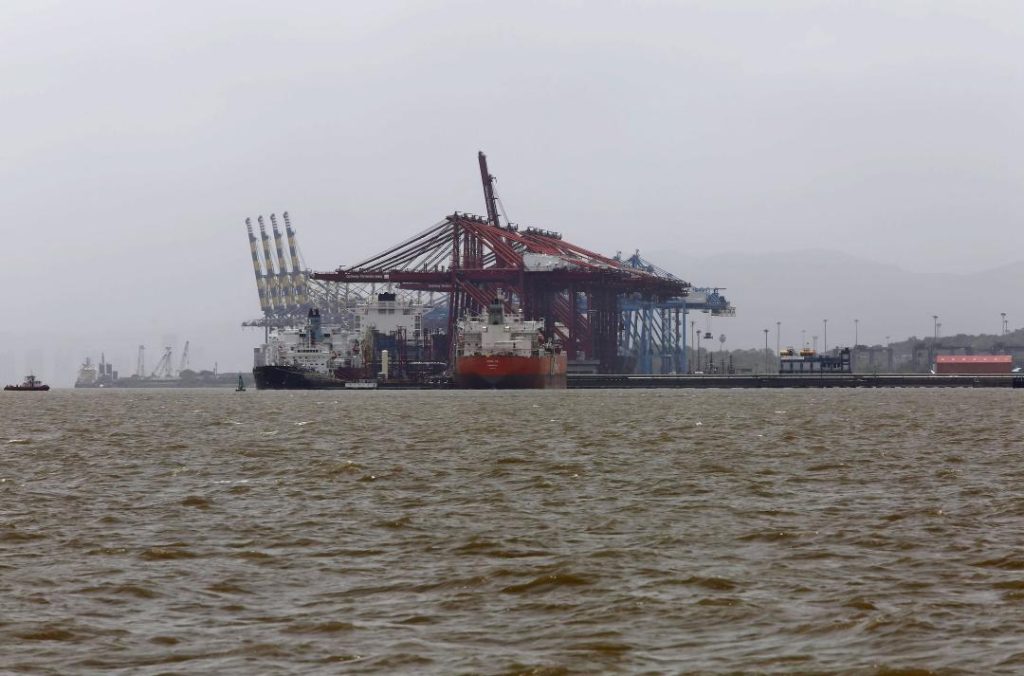
How was ₹800-cr scam undertaken by Tata firm & India’s largest container port’s ex-staff?
The Indian economy has been plagued by several high-profile scams and irregularities in recent years. One such scam that has come to light is the alleged ₹800-crore scam undertaken by former staff of Tata Consulting Engineers (TCE) and Jawaharlal Nehru Port (JNPT), India’s largest container port. The scam involved a dredging project at JNPT, which resulted in a massive financial loss to the port authorities.
According to a recent report by the Central Bureau of Investigation (CBI), the scam was perpetrated by officials of TCE, who were responsible for supervising the dredging project at JNPT. The project aimed to deepen the port’s draft to 15 meters from the existing 14 meters, in order to accommodate larger vessels and increase cargo handling capacity. However, the officials allegedly chose to undertake the project at a deeper 15-meter vessel draft, causing a loss of ₹1,163 crore to the port authorities.
To make matters worse, the officials also opted for a single rate for dredging different rock types, despite knowing that the project required different rates for different types of rocks. This decision resulted in a further loss of ₹557 crore to the port authorities.
The scam did not stop there. The contractors involved in the project also undertook dredging for excess width, which was not part of the original project scope. This led to a loss of ₹964 crore to the port authorities.
The cumulative losses resulting from this scam amount to a staggering ₹4,420 crore. The CBI has summoned several officials, including those from TCE and JNPT, for questioning in connection with the scam.
The scam is a stark reminder of the need for effective oversight and regulation in the public sector. It is essential that projects are properly planned, executed, and monitored to ensure that they are completed on time, within budget, and to the required quality standards.
The role of Tata Consulting Engineers in the scam is particularly disturbing. As one of India’s largest engineering consulting firms, TCE has a reputation for delivering high-quality projects. However, it appears that the firm’s officials were complicit in the scam, which raises serious questions about the company’s corporate governance and ethical standards.
The JNPT scam is also a reminder of the need for greater transparency and accountability in the public sector. It is essential that project details are made public, and that citizens have access to information about how public funds are being utilized. This can help to prevent such scams from occurring in the future.
The CBI’s investigation into the scam is ongoing, and several officials have already been questioned in connection with the case. It is essential that the authorities take swift and decisive action to bring the perpetrators to justice and recover the losses suffered by the port authorities.
In conclusion, the ₹800-crore scam undertaken by Tata Consulting Engineers and JNPT’s former staff is a shocking example of the kind of corruption and irregularities that can occur in the public sector. It is essential that we learn from this scam and take steps to prevent such incidents from occurring in the future.






